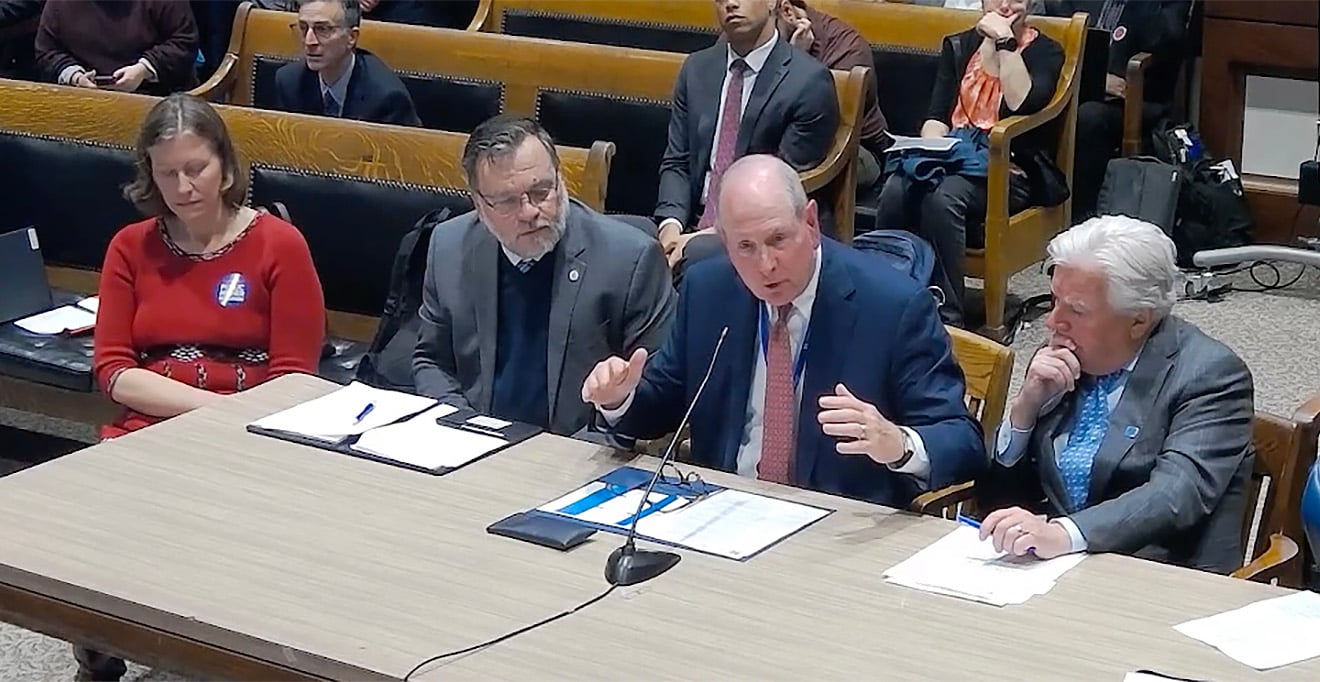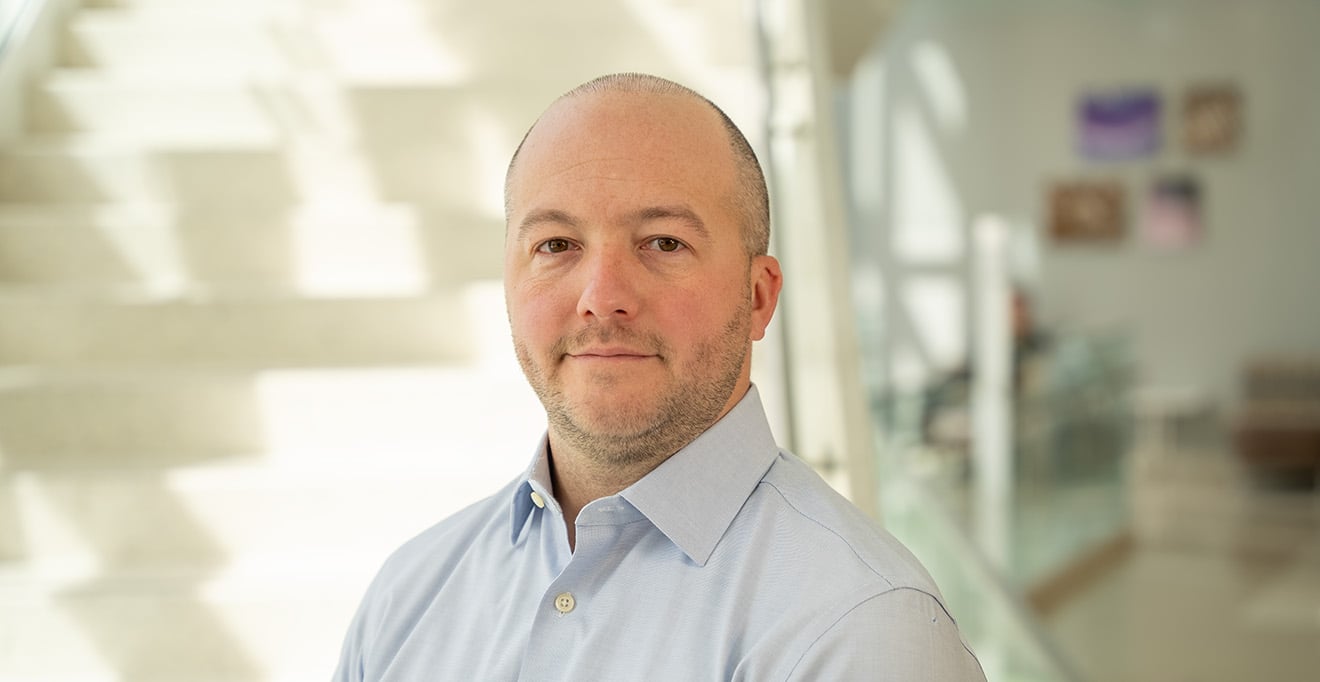Photo at right: Copyright © The Nobel Foundation 2006, Photo: Hans Mehlin
UMass Chan Medical School strives to catalyze our world-class basic research into scientific discoveries that improve the lives of people around the globe. Our strengths span the research continuum, translating discovery science into equitable and accessible clinical practice. Our collaborative and accomplished faculty attracts more than $300 million per year in biomedical research funding and includes Nobel Laureates; recipients of the Lasker, Breakthrough, and Gruber prizes; investigators of the Howard Hughes Medical Institute; and numerous fellows of the National Academies.
See how we are advancing research together

#2 Medical School in New England for NIH research funding
#1 in the U.S. for NIH funding in anatomy/cell biology research
An academic community proudly defined by collaboration and innovation
Clinical trials are an essential part of medical research and fundamental to advancing human therapeutics. At UMass Chan Medical School, clinical trials are managed through Conquering Diseases, a web-based tool for finding, sharing and saving clinical studies relevant to individual patients. It is a direct way for potential volunteers to learn about clinical study opportunities, including screening for and enrollment in trials.
At any given time, studies are underway for a wide range of diseases and conditions, including numerous types of cancer; brain and spinal cord conditions such as ALS and stroke; bone, joint and muscle diseases such as muscular dystrophy and arthritis; infectious diseases such as flu and Clostridium difficile; and auto-immune diseases such as lupus and multiple sclerosis.
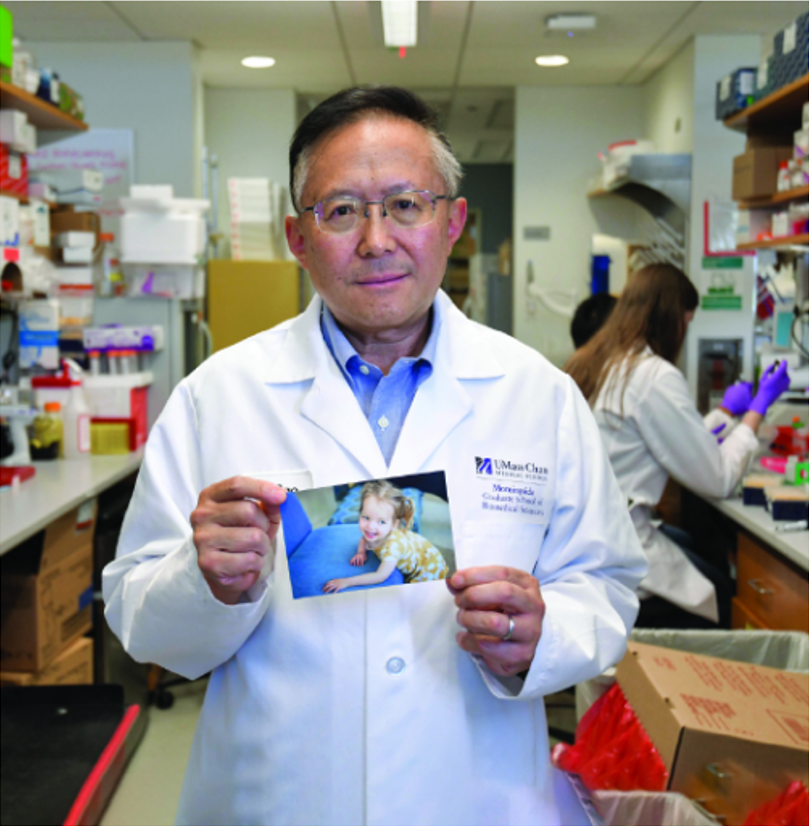
Research news
